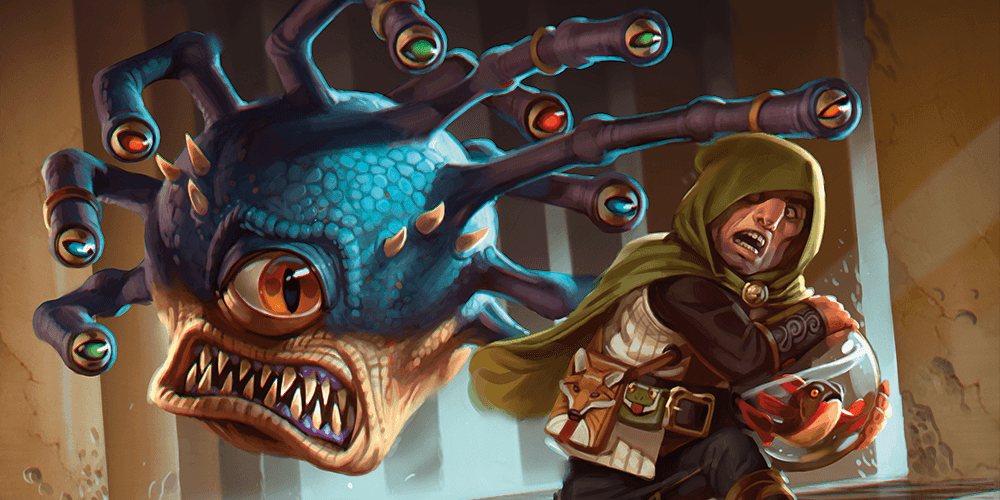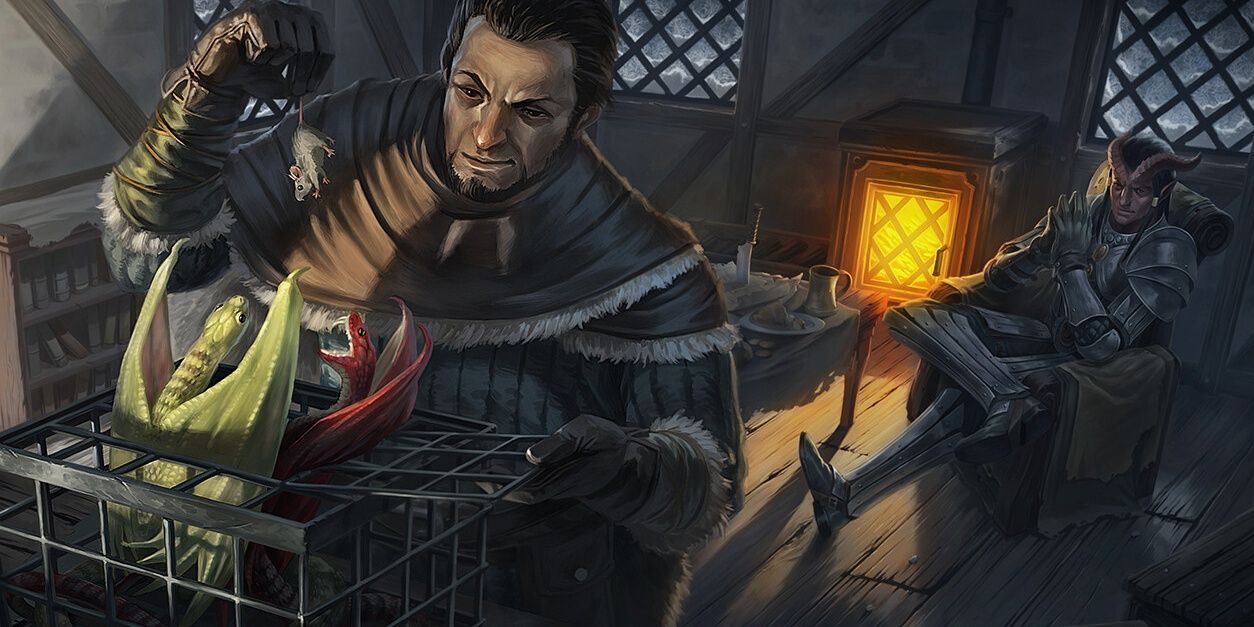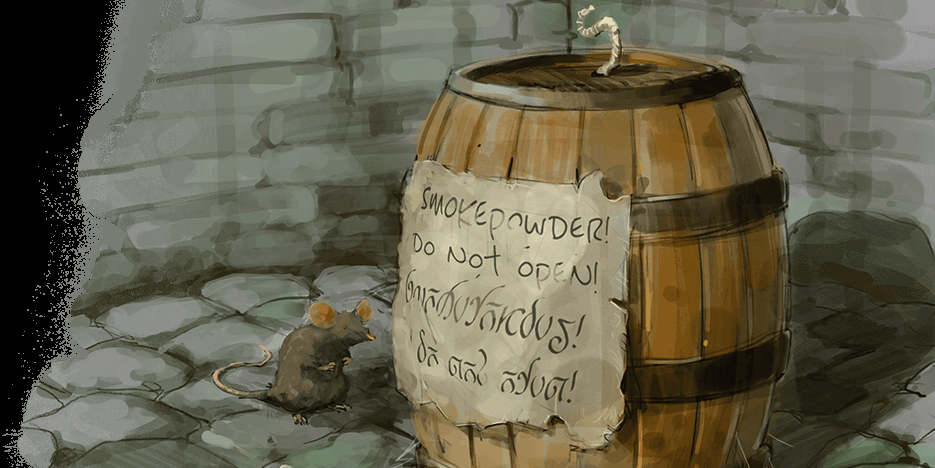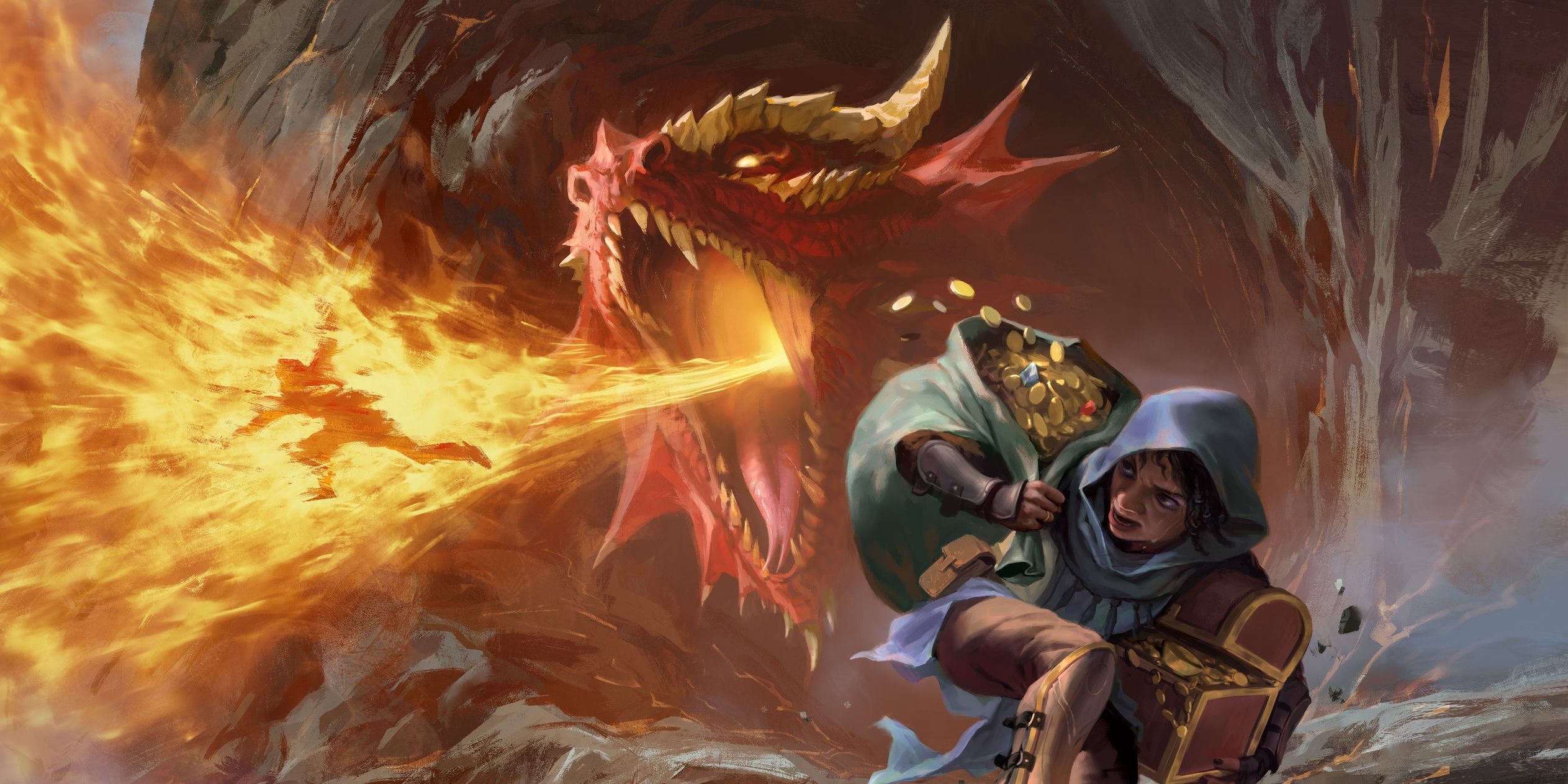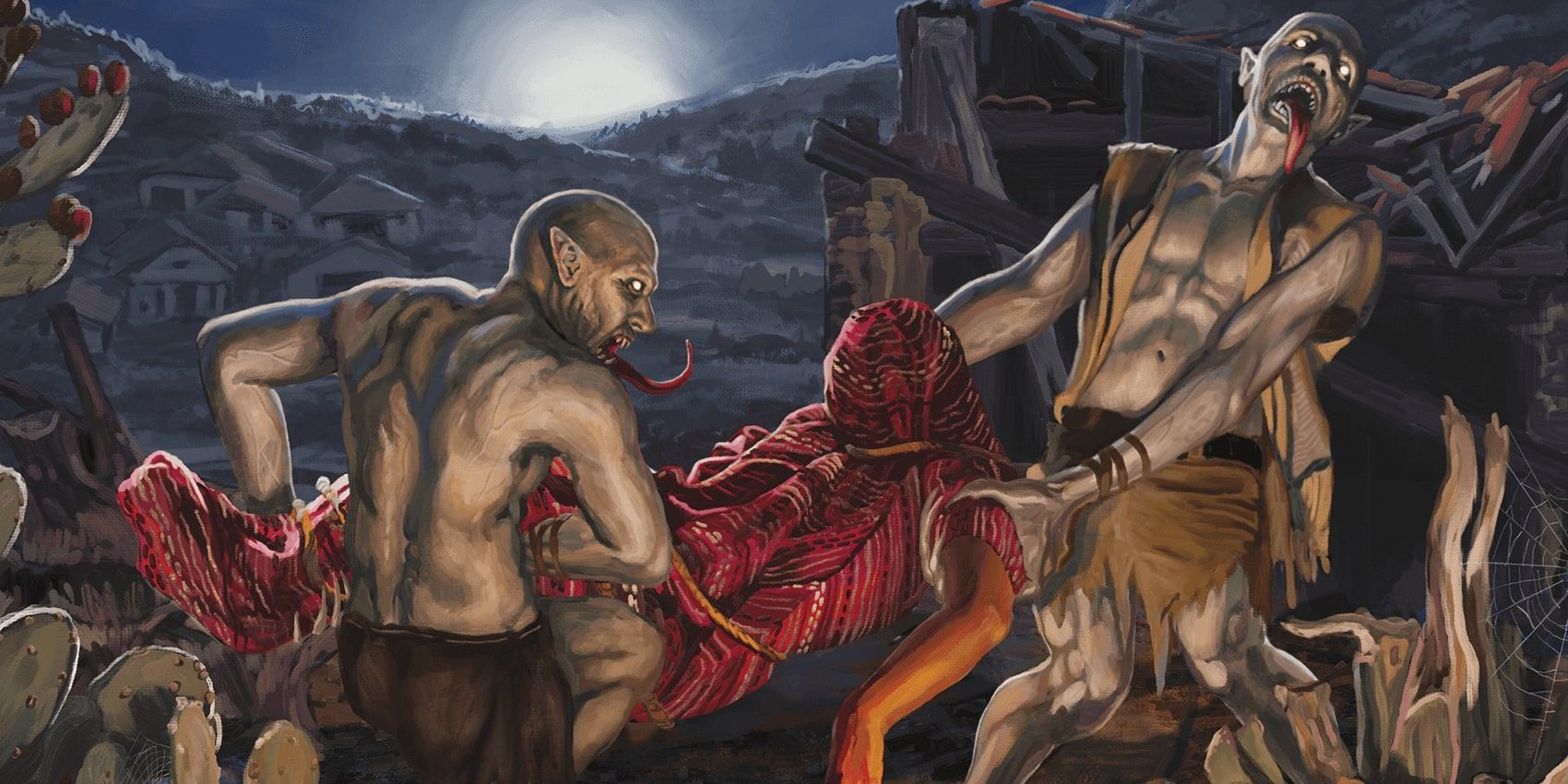Whether it's an abandoned ruin, a magical forest, an ancient temple, or a fortified stronghold, Dungeons & Dragons offers no shortage of locations for player characters to explore that all fall under the umbrella term of dungeons. Despite the game's decades-long history, your party can often make the same mistakes when exploring dungeons time and time again.
While these mistakes often lead to hilarious moments you will remember, sometimes the punishment for ignorance is death. If you want to give your character the best chances at survival, it's important to know how to properly case a dungeon environment. All that being said, let's take a look at some of the best dungeon exploration practices veterans of the game employ.
10 Scout Ahead
Before anyone in your party even walks through a dungeon entrance, it can be incredibly beneficial for your characters to scout ahead. Spells like Find Familiar and Arcane Eye are perfect for getting a lay of the land before any of your characters have to put themselves in danger.
Alternatively, the party Rogue or Druid might be able to use their proficiency in Stealth or Wild Shape ability to sneak forward and uncover what lies ahead. Notably, this approach is a tad riskier, as a party member is entering the dungeon alone. Nonetheless, the knowledge you learn from scouting ahead and succeeding can often lead to a huge advantage.
9 Use Diplomacy
There are more ways to deal with a monster than simply putting a sword through its stomach. Intimidation, Deception, Persuasion, and other skills can be put to good use convincing intelligent monsters that they can do a lot better than waste their lives fighting your party.
Of course, not all monsters can be reasoned with. In cases such as these, bribes of gold, food, or even magic items might suffice to dissuade enemies from going for your throat. Combat in Dungeons & Dragons is a game of attrition and each spell slot, class ability, and hit point you can save for later battles is usually worth more than your character's weight in gold.
8 Understand The Environment
Going hand in hand with the proper use of diplomacy is understanding the social and environmental dynamics of the dungeon you are exploring. For example, a dungeon that's scarce of food sources might indicate that food is a good thing to bribe monsters with.
Furthermore, dungeons are often home to multiple groups that are fighting for dominance. Clever adventurers can use these social dynamics to convince enemies to fight one another instead of the party.
7 Break Down Doors
There is certainly a place for being quiet when exploring dungeons, but there's also a time for action. Player characters who hear voices conversing on the other side of a door can often earn themselves surprise in combat by quickly and decisively bashing the door down.
When it comes to combat, hesitation is a character trait that dungeon masters rarely reward. Be decisive when your enemies are in sight and enjoy the benefits of an uninterrupted round of combat tearing them to pieces.
6 Search For Secrets
Many D&D players fail to realize that passive Perception only applies to within around five feet of your character. As a result, player characters with high passive Perception, thanks to feats like Observant, often pass over secret doors, hidden chests, and other treasures their dungeon master has secreted away.
Discovering secrets involves actively searching for them as opposed to simply moving from point A to point B. Describe how your character searches through a room by telling the dungeon master that they empty drawers, run their hands along walls, and interact with the environment in other ways, and you're likely to discover many more secrets.
5 Search For Traps
Speaking of searching for secrets, it's also important that your party keep an eye out for deadly traps lying in wait. This goes beyond checking chests you come across for hidden poisoned blades. Actively use the Perception skill when coming down hallways and passing through rooms in order to check for common traps such as pits, poison darts, scything blades, and rolling boulders.
Additionally, magic users should make use of spells such as Detect Magic and Dispel Magic in order to free the party from the dangers of magical traps. Detect Magic specifically is a ritual that can be cast without even expending a spell slot, so there's really no excuse to not use it.
4 Bring Dungeon Fodder
Dungeon fodder includes other creatures that your party can sacrifice in order to avoid aforementioned traps and, potentially, distract enemies. Common dungeon fodder includes familiars, farm animals, prisoners, and even hirelings.
Naturally, not every party can get behind sacrificing other creatures to save their own hides though. In these cases, creatures provided by summon spells such as Flock of Familiars, Find Steed, or Summon Fey can fill the role of fodder without giving your party a guilty conscience. Magic items like the Bag of Tricks also make for the perfect supply of your own personal trap testers.
3 Set Traps
One of the most commonly forgotten activities that can be performed inside a dungeon is the party setting traps of their own. Items like ball bearings, string, nets, oil, and more provide all the basics you need to surprise enemies with newly set traps in their own dungeons.
Only the most intelligent of enemies will begin to suspect that they are being led into a trap in the first place. Consequently, setting traps is an extremely reliable way to gain an edge on enemy combatants.
2 Stay Stealthy
This tip almost goes without saying, but it's worth mentioning. Staying stealthy can result in the party learning important information, avoiding dangerous battles, and gaining the upper hand through surprise when you do have to go to combat.
It can often be difficult for an entire party of adventurers to remain stealthy as they make their way through a dungeon, due to characters without stealth proficiency, as well as those clad in heavy armor. Thankfully, spells like Pass Without Trace and Invisibility can provide the party with a much higher chance of remaining unnoticed
1 Rest In Safe Places
Last but not least, it's always important to remember that a dungeon is not a good place to take a rest. Of course, that doesn't mean that you won't run into situations where you have to rest in them. When you do have to take a short or long rest in a dungeon, make sure to do so in the safest location possible.
A room with a single entrance that can be warded with a Wizard's Alarm spell is an example of a relatively safe place. In contrast, a room that can be accessed from multiple areas is not so great an idea. Characters at higher levels gain access to spells such as Tiny Hut that can make resting a much safer endeavor. However, it's still important to choose a safe resting spot, unless you want to provide the enemy with the valuable information of where your party is located.

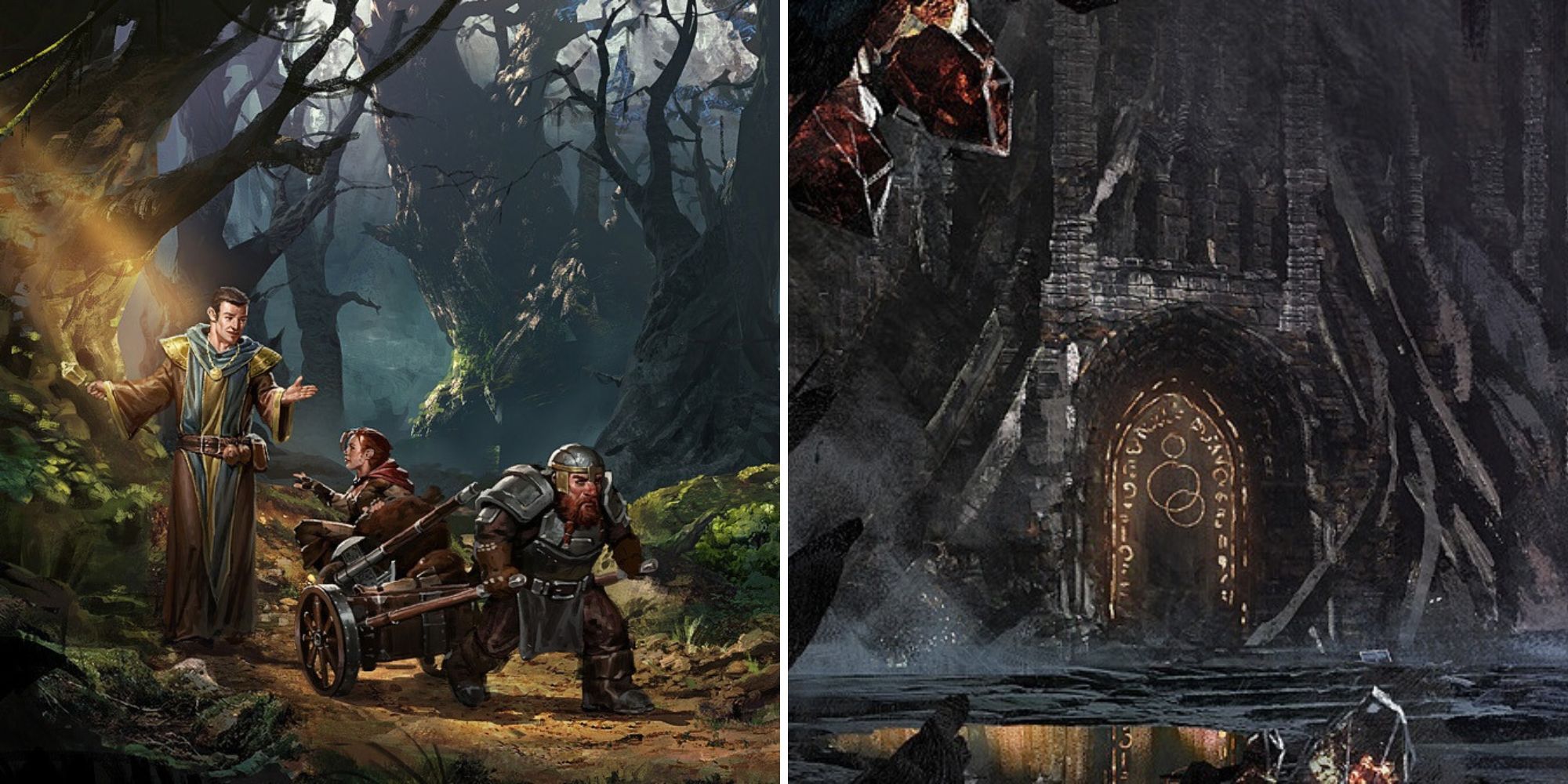
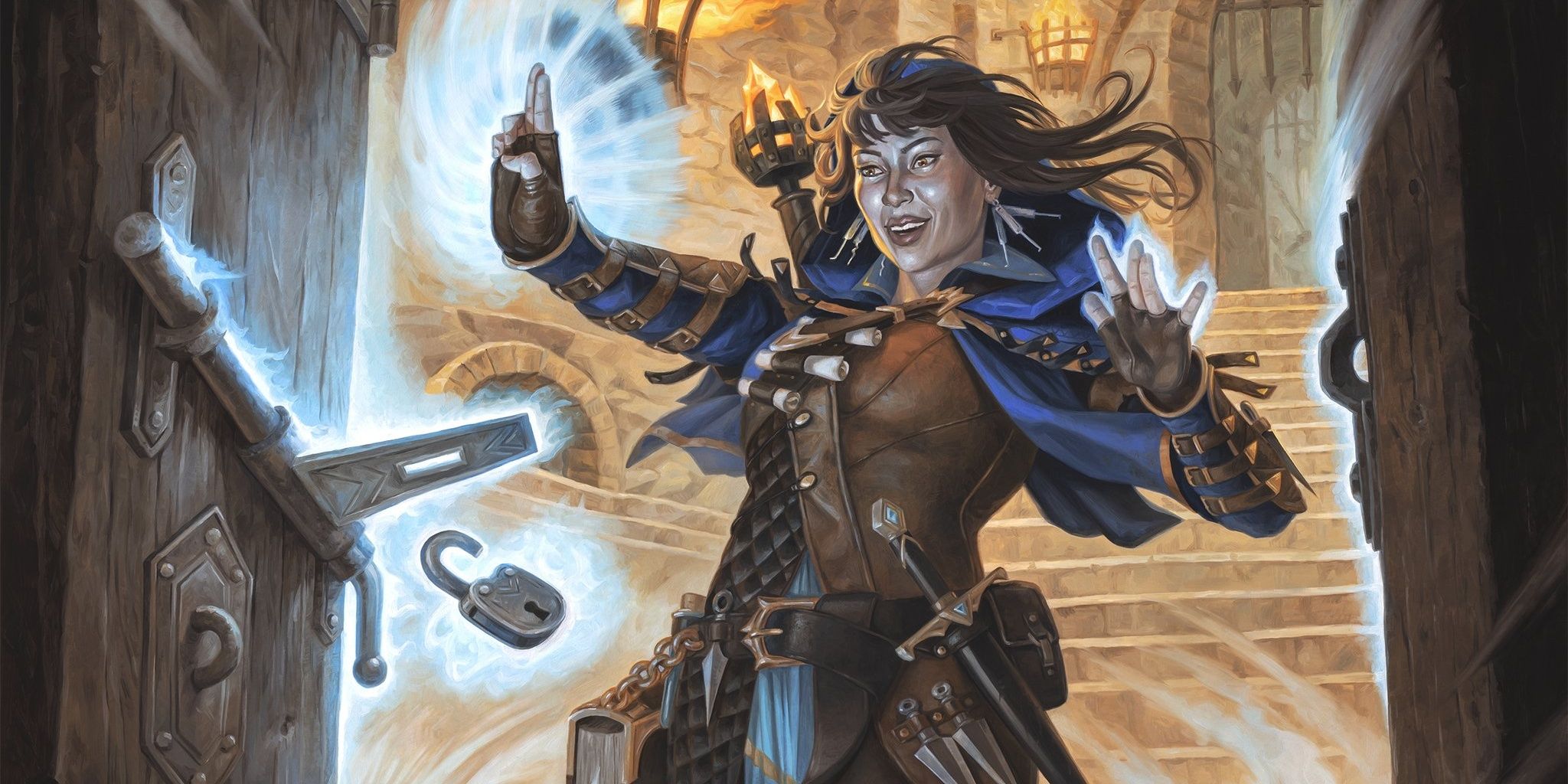
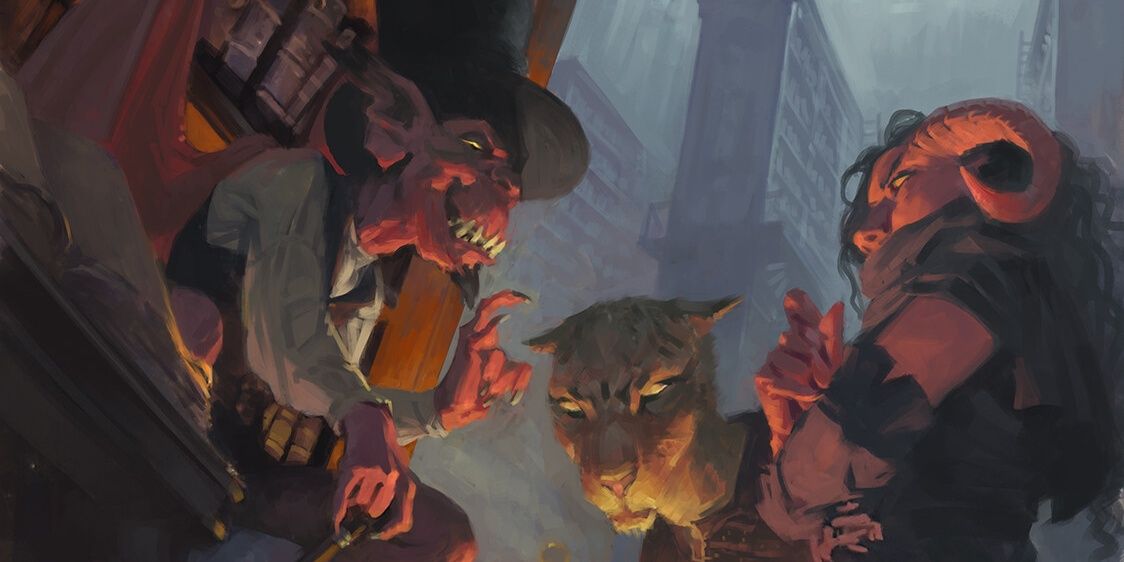
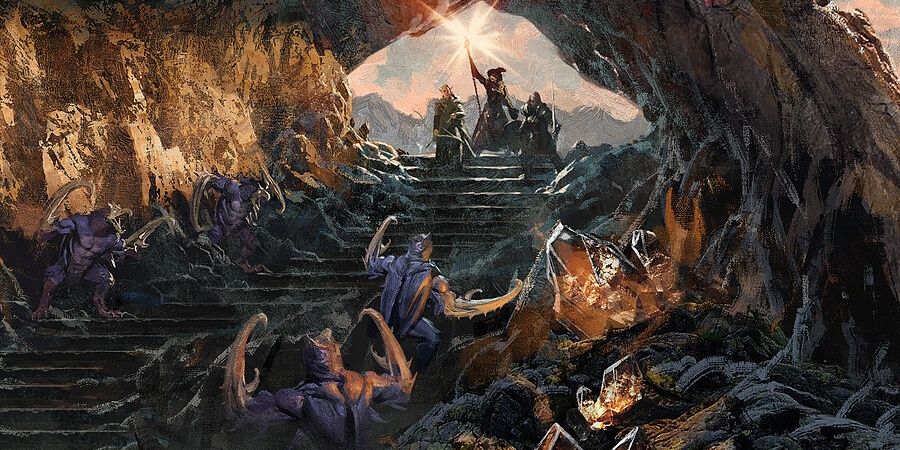
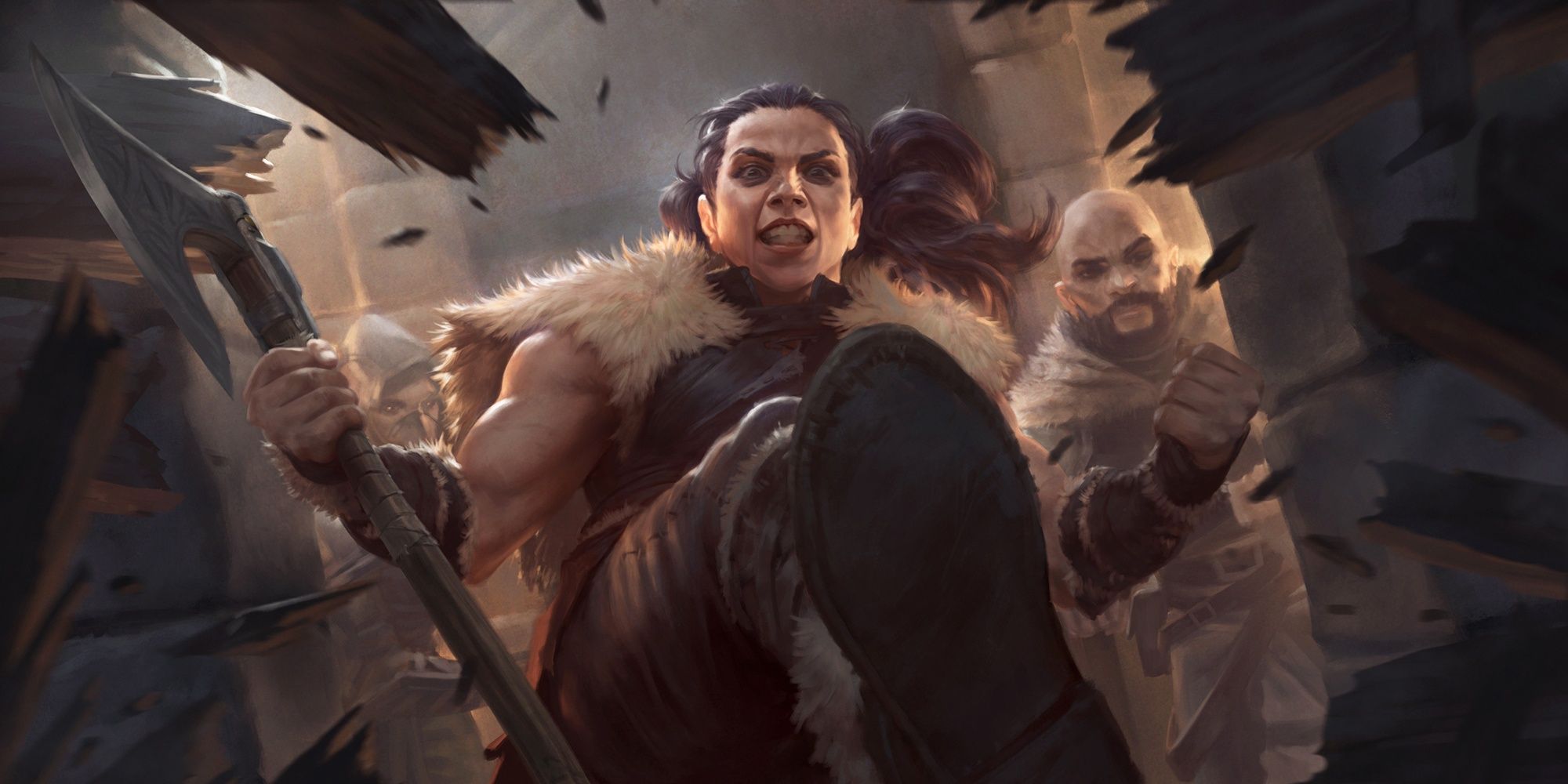
-by-Ralph-Horsley-Cropped.jpg)
